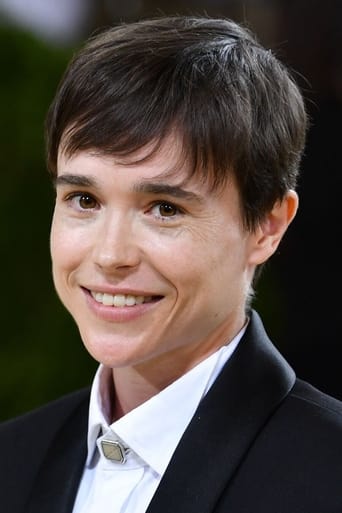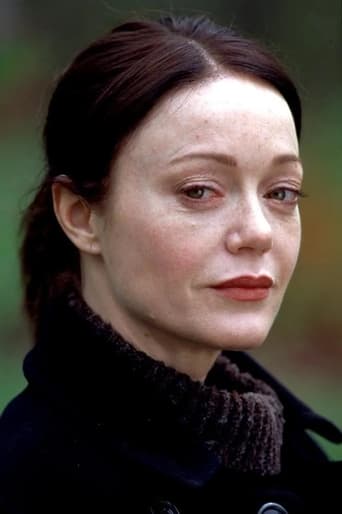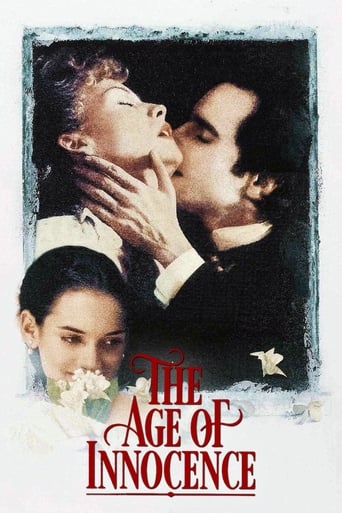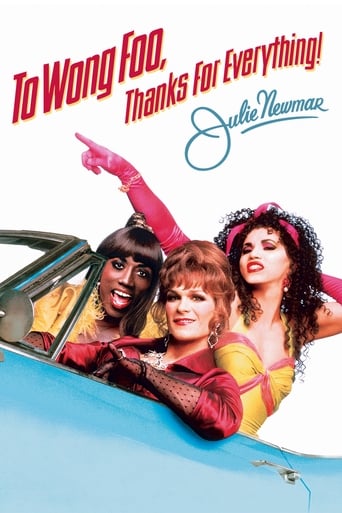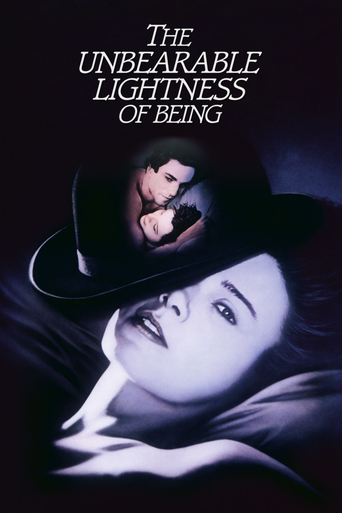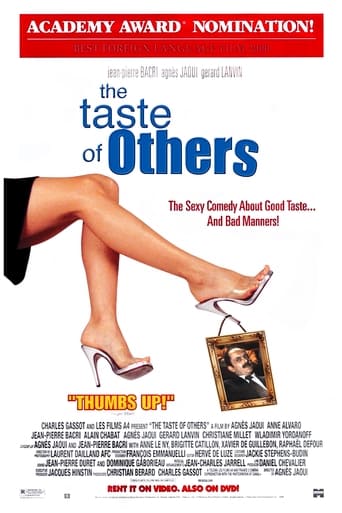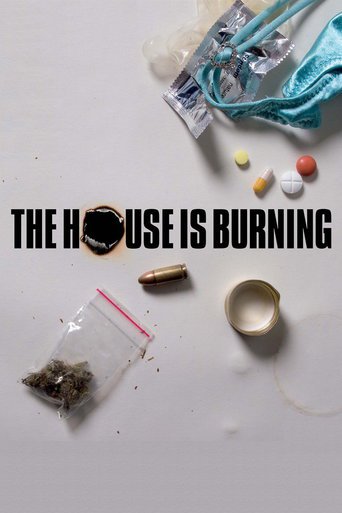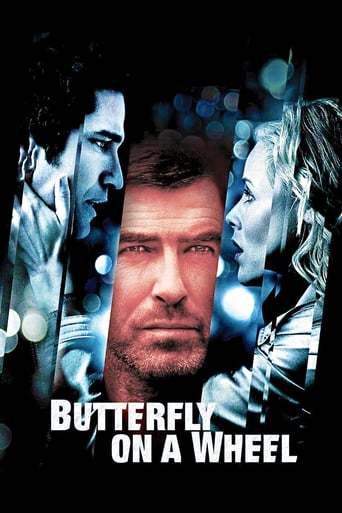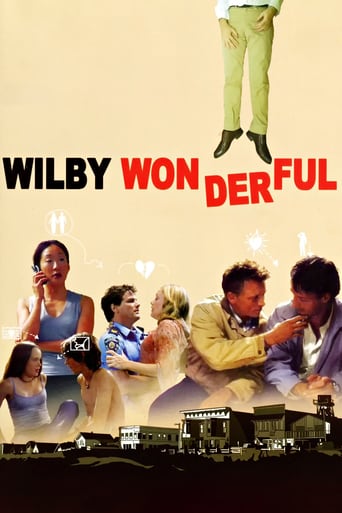
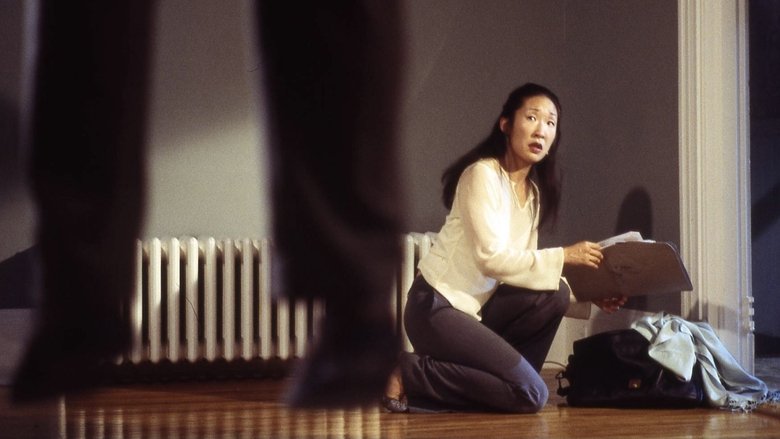
Wilby Wonderful (2004)
A day-in-the-life dark comedy concerning a group of islanders, their respective secrets, and one man's plan to kill himself quietly.
Watch Trailer
Cast
Similar titles
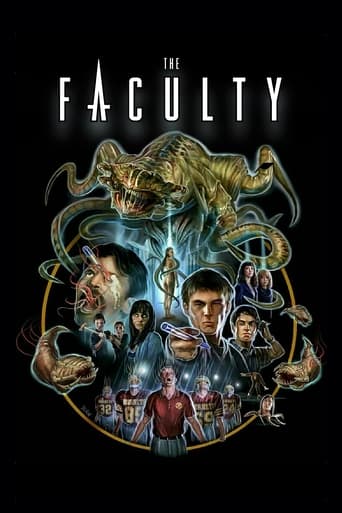
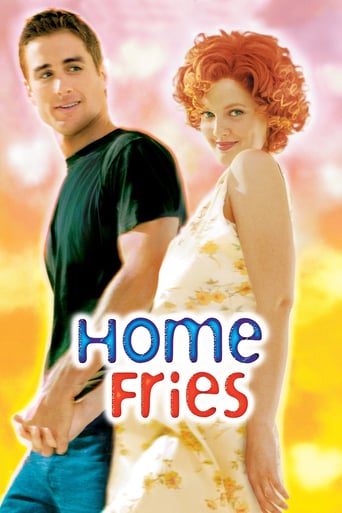
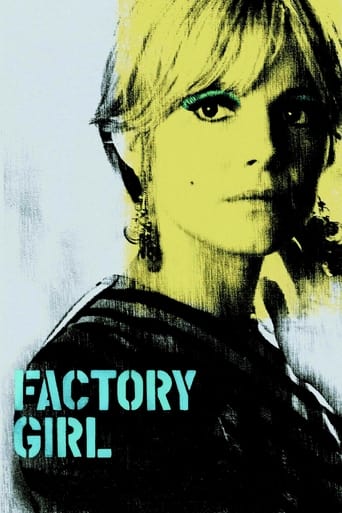
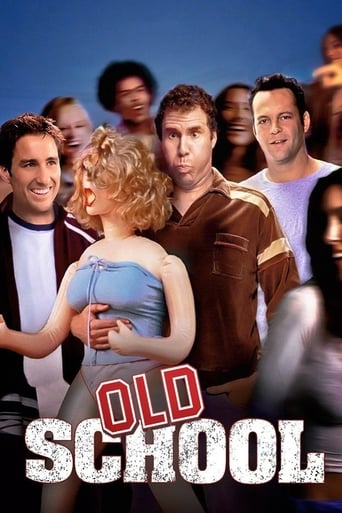
Reviews
Slow pace in the most part of the movie.
Good story, Not enough for a whole film
Simple and well acted, it has tension enough to knot the stomach.
Tells a fascinating and unsettling true story, and does so well, without pretending to have all the answers.
Wilby Wonderful is a generous-hearted dark comedy drama with down-to-earth characters in realistic, hum-drum, inescapable life situations. The pace of the film lets us see into the emotional lives and conflicts the characters must deal with; there's a lot of quirky humor, and lovely shots of people's faces slowly changing as their feelings catch up with their minds.All the actors do a great job. Ellen Page is solid and appealing; Sandra Oh is heart-breaking, contained and gorgeous. If you like off-beat stories and solid, ensemble acting you will enjoy WW - it's a lovely way to spend a while.
Living in a small island where everyone seems to know everyone else, has its own rewards. It takes a certain type of person to enjoy that environment. The people of Wilby, a remote island off the Canadian mainland, are going through a dark period as there are cries how the gays have been gathering at the Watch, a remote area to do evil things, among other things. Some small minded islanders are crying foul, but is it really that bad?We are first introduced to Dan Jarvis, a closeted man, who is trying to kill himself. Whatever he tries to do, backfires on him. The chief of police, Buddy French, has a problem, Sandra Anderson, a girl he liked when he was younger, has come back to the island to settle down. Sandra wants to renew a love affair that has died long time ago. Emily, Sandra's daughter, sneaks to meet her boyfriend, who is making sexual demands of her. Buddy's wife, Carol, an uptight and driven real estate agent, wants to sell Dan's house to Mayor Fisher. Carol finds fault with the signs Duck MacDonald has done to promote a festival.All those trivial everyday life's moments in a small town are perfectly captured in this surprising comedy that has a bittersweet take on the island and the characters that we get to meet. The people in the story seem real. Nothing much happens in this island, yet, a lot of important things change the people we meet in a positive way.Daniel MacIvor has written and directed a delightful film which proves to be a delightful surprise. His screen play shows the easy pace and complicated lives in the small community where nothing seems to happen, yet, a lot goes on under its calm exterior. Mr. MacIvor has gotten a great ensemble performance from all the actors that appear in the film. Haven't we met people like the ones in the movie before?Sandra Oh, a wonderful actress, clearly shows her range the way she plays Carol French, a woman more interested in making a sale than calling an ambulance when she rescues Dan from a sure death. Rebecca Jenkins and Ellen Page, play Sandra and Emily with great ease. Their scenes together are marvelous. James Allodi's Dan is fine; he is never a caricature of a tormented man who can't see clearly. Paul Gross makes a good impression as the police chief. Callum Keith Rennie is excellent as the even tempered Duck."Wilby Wonderful" deserved a much better fate than what it probably received. This is Canadian cinema at its best. Thanks to the talented Daniel MacIvor for sharing with us this intimate portrait of an island and its people.
This web-of-life drama with a dark comedic edge takes place in a small town on the fictional island of Wilby, somewhere off the coast of Nova Scotia. Here we get to know quite a few people, beginning with Dan Jarvis (James Allodi), a video store owner whose wife has just left him. His exquisite despair, agitation and dead serious suicidal impulses are occasioned not only by this loss but, more fundamentally, by the fact that he is being exposed, against his wishes, as a gay man, not a social status often sought in this tight little conservative village.Jarvis's forced "outing" is part of a more sweeping attack on regular gatherings of homosexuals and drug users at a waterfront park. Turns out that developers are behind the exposes. They're almost drooling in anticipation of establishing a destination golf club with surrounding upscale houses on the now public park land, once they succeed in convincing the townsfolk that the only sure way to keep unsavory characters from corrupting their young people and way of life is to get rid of that park, i.e., by selling it to them, and for a song at that.We also meet Buddy French (Paul Gross), a straight arrow local cop, and his tightly wound wife Carol (Sandra Oh), who has gotten herself into a chronic dither chasing brass rings in the world of real estate sales. Then there is Sandy Anderson (Rebecca Jenkins), the faded sex queen and mother of teenage daughter Emily (Ellen Page), whom Sandy worries will follow in her own pathetic footsteps.Rounding out the group of major players in this drama are Wilby's Mayor, Brent Fisher (Maury Chaykin), whose porcine joviality seems overdone, perhaps to cover less seemly activities, and the pivotal character Duck MacDonald (Callum Keith Rennie), an Everyman clad perpetually in overalls, whose gentle manner and near omnipresence suggest that he's a sort of guardian angel placed among these humans to bail them out of trouble. In smaller roles, there's also Irene (Mary Ellen MacLean), a first rate gossip, and Buddy's police partner, Stan (played by the film's writer-director, Daniel McIvor), whose conduct is sometimes nefarious.I take the trouble to mention all of these people because the film is really more a series of character sketches than a narrative, and because the acting is, with perhaps one exception, uniformly fine. For some viewers, the exception may be Sandra Oh's over-the-top frenzied behavior during much of the film, though certainly there are ambitious control freaks out there in the real world who carry on like she does. (Incidentally, the beauty of Ms. Oh's face is captured stunningly here by DP Rudolf Blahacek, especially in profile in a scene shot while she is driving.)Some viewers might also wonder whether James Allodi's compulsive suicidal behavior as the deeply suffering Dan Jarvis is also over the top. He keeps making good faith efforts to end his life that are thwarted, sometimes in ways that make you laugh even when your intentions are otherwise. In this darkly funny depiction, MacIvor seems to have borrowed from the drollery of Bud Cort's habitual suicidal poses in "Harold and Maude."We viewers can also easily see the pain in Jarvis's face and wonder how so many of the town citizens can fail to notice or respond to him. Fact is that in real life this is common. Often people are either too self absorbed or otherwise preoccupied to see pain in others. Or if they do, they gloss over it because they are too busy or are reluctant to intrude, to mind another person's business.The film offers a wonderful quote from Mark Twain, delivered by Buddy French to Mayor Fisher: "Golf: A good walk ruined." "Wilby" was produced not by Canada's National Film Board, the source of so many wonderful movies from that country, but jointly by the provincial film boards of Nova Scotia and Ontario. The location for the film is actually not an island at all, but rather the town of Shelburne, pop. 2,000, on the southwest coast of the Nova Scotian mainland.) "Wilby" is unlikely to get wide U. S. distribution, and that is unfortunate, because it's a little gem of a movie. My rating: 8/10 (B+). (Seen on 11/28/05). If you'd like to read more of my reviews, send me a message for directions to my websites.
I saw this film at the 2004 Toronto International Film Festival.Wilby Wonderful is the latest film from director, writer, playwright, and actor Daniel MacIvor. Set in a small island town, the film follows a cast of characters (played by a veritable who's who of Canadian cinema) over the course of a single day.There is the woman who grew up in Wilby, moved away, and returned with her teenaged daughter to reopen a cafe (Rebecca Jenkins and Ellen Page, who previously worked together on the MacIvor-penned Marion Bridge). There is one of the town's police officers (Paul Gross), and his businesswoman wife (Sandra Oh), who find themselves in a marriage that has drifted apart. There is the town mayor, played by Maury Chaykin, and a dyslexic painter, played by Callum Keith Rennie. And finally, there is a video store owner (James Allodi), who spends much of the movie making ineffectual attempts to commit suicide. Lurking under it all is a scandal that will affect them all.The film takes a look at the connections between the people in a small town, their hopes and dreams (both realized and not), and their prejudices. It shows people trying to both discover new, and recapture lost, feelings. As Paul Gross' character puts it while standing on the shore, looking at the mainland: seeing where you came from lets you remember what you wanted for the future.I really enjoyed this movie, my one Canadian pick for the festival this year. The cast acquits themselves well, and despite the relatively large number of characters, I didn't feel like I was distracted by too many story lines, or that any one character received more attention than the others. And despite the limited timeframe of the movie, a single day, the story did not feel rushed or hurried. I thought the resolutions found or not found by the characters followed from what was seen and felt on screen, and didn't come out of the blue.Daniel MacIvor, along with pretty much the entire cast, attended the screening. MacIvor gave quite an entertaining introduction before the film and stayed afterwards for a Q&A session:MacIvor calls the film a "Canadian commercial film", and wanted it to be familiar, but with a twist to wake everyone up.The story took about three years to make it to the screen, starting from around New Year's Eve 2001 at a party of Canadian director Jeremy Podeswa.MacIvor wanted to write a "guy with a heart story" rather than his usual fare.The movie was originally to be called Honey, but then the Jessica Alba movie of the same name came out, which necessitated a change. This lead to the current title, which affected part of the story.MacIvor said the theater (and the movie) contained pretty much every famous Canadian actor, assuming Don McKellar and Sarah Polley were in the room (not sure about Polley, but I did see McKellar talking with the cast outside the theatre prior to the showing). He found it weirdly easy to get the cast he wanted, helped by being able to tell people that he wrote specific parts for them.MacIvor was asked if writing for a wide range of characters was harder than writing for a few. His response was that he wanted to learn how, and figured there was no better way than to try. He was worried that the audience might attach themselves to a specific storyline and spend much of the movie waiting to get back to their favoured plot, but those fears were dispelled by the excellent acting of the cast.Because the film is set during the course of a single day, editing and continuity is harder.MacIvor was asked if he is now favouring films over plays or vice-versa. He said he isn't favouring either, and is currently working on both a new play and a new screenplay. Asked about the difference between the two , he said that what he doesn't like about films (vs. writing plays) is that once a film is complete, he can't change it.When starting to write, things for the stage tend to start out post-modern; but for a movie, it is usually an idea about watching somebody.About the differences between film and theatre, he likes to use the quote, "it's not apples and oranges or cats and dogs, it's apples and dogs", they're completely different. He likes to think from the theatre background he's able to bring a collaborative, inclusive feeling to the set. Art in theatre is live in front of the audience, whereas in film it is light projected on a flat surface and the art has happened previously.As a writer, he finds that sometimes for film he writes too much.Asked about writing specifically Canadian stories, he said that while he has made a commitment to stay in Canada and more specifically, in Nova Scotia, he likes to keep stories open so that people do not focus on watching a story about a specific group (islanders, easterners, Canadians, etc).

